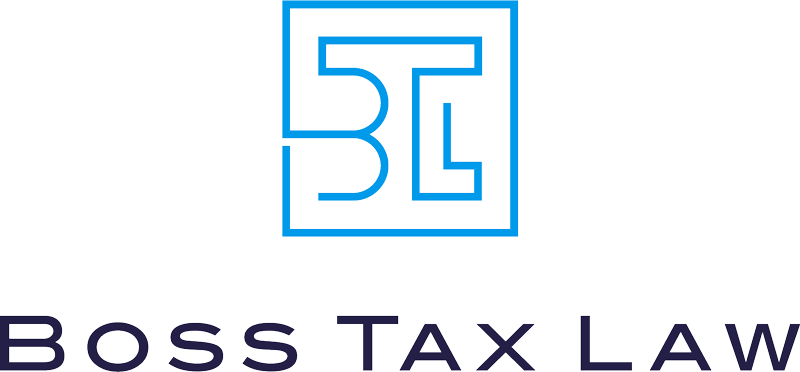Understanding the Trust Fund Recovery Penalty: What Business Owners Need to Know
If you’re a business owner or responsible party handling payroll taxes, the Trust Fund Recovery Penalty (TFRP) is something you need to understand—and avoid. This IRS penalty can hold individuals personally liable for unpaid payroll taxes, which can have serious financial consequences. Here’s what you need to know.
What Is the Trust Fund Recovery Penalty?
The Trust Fund Recovery Penalty authorized under Internal Revenue Code § 6672 is an IRS assessment against an individual that applies when payroll taxes, such as federal income tax withholding, Social Security (FICA), and Medicare taxes, are not paid to the government. These taxes are called “trust fund taxes” because the employer is holding them in trust for the employee until they are sent to the IRS.
Unlike other business taxes, which are typically the responsibility of the business entity, the TFRP can make owners or other responsible individuals personally liable for unpaid trust fund taxes.
Who Can Be Held Liable for the TFRP?
The IRS can assess the TFRP against any individual they consider a responsible person within the business. This includes:
- Business owners
- Officers or executives
- Bookkeepers
- Anyone with authority to sign checks or make financial decisions (even Bankers in some situations)
Even if you’re not the owner, if you have decision-making authority or control over payroll taxes, you could be liable.
Key Factors: Responsibility and Willfulness
To assess the TFRP, the IRS looks at two main factors:
1. Responsibility
Responsibility is defined broadly and is highly dependent on the facts of each situation. The IRS will determine if the individual had the authority to:
- Pay bills or taxes on behalf of the business
- Sign checks
- Hire and fire employees
- Make major financial decisions
2. Willfulness
Willfulness doesn’t require malicious intent. It simply means the failure to pay wasn’t accidental. For example, if a business owner prioritizes paying employees or other expenses over paying payroll taxes, the IRS considers this willful nonpayment.
How the TFRP Process Works
The IRS typically begins the process with an interview, often referred to as a Form 4180 interview, to determine who is responsible for the unpaid taxes. If you receive a notice for one of these interviews, it’s critical to seek professional help.
If payroll taxes are unpaid and the IRS determines there was responsibility and willfulness, they can assess the TFRP directly against you. This means the IRS can go after your personal assets to collect the unpaid taxes.
Common Scenarios That Lead to the TFRP
Business owners often get into trouble with the Trust Fund Recovery Penalty when they:
- Face financial difficulties and prioritize other expenses over payroll taxes.
- Misunderstand their responsibilities regarding payroll tax compliance.
- Fail to monitor employees responsible for payroll tax payments.
Avoiding the TFRP starts with understanding your obligations and ensuring payroll taxes are always paid on time.
What Should You Do If You’re at Risk?
If your business hasn’t paid payroll taxes or you’ve been contacted by the IRS about the TFRP, act immediately:
- Consult a Tax Professional: Every situation is unique, and you need an expert who understands payroll tax issues and TFRP assessments.
- Prepare for IRS Interviews: If you’re asked to participate in a Form 4180 interview, having professional guidance can help you avoid common pitfalls.
- Stay Compliant: Ensure that payroll taxes are paid in full and on time moving forward.
How to Avoid the TFRP
To reduce the risk of the Trust Fund Recovery Penalty:
- Keep payroll tax payments current.
- Designate a reliable and knowledgeable person to handle payroll taxes.
- Regularly review payroll tax deposits to ensure they are being made.
- Seek professional advice if your business experiences financial challenges.
Get Help with the Trust Fund Recovery Penalty
The Trust Fund Recovery Penalty is one of the most serious tax issues a business owner or responsible party can face. If you think you might be at risk, or if you’ve already received an IRS notice or assessment, contact an experienced tax attorney immediately.
At Boss Tax Law, we specialize in helping businesses and individuals navigate complex tax issues like the TFRP. Every situation is different, and we’ll work with you to develop a personalized strategy to protect your interests.
Have Questions? Let’s Talk!
If you’re concerned about the Trust Fund Recovery Penalty or have questions about payroll tax compliance, reach out today for a consultation. Don’t let this serious issue jeopardize your financial future.
